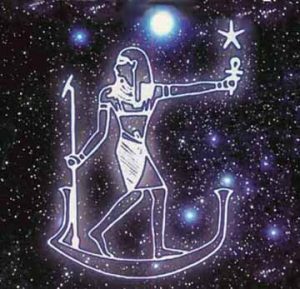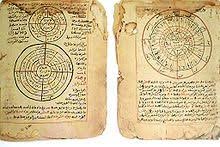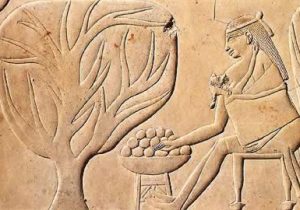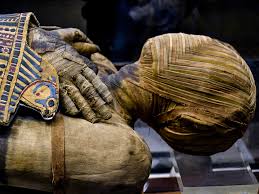They believed stars were Gods… Ancient Egyptian Astronomy
Egyptian culture was greatly influenced by astronomy. Ancient Egyptian astronomy was very sacred. Pyramids and temples had been built and positioned in relation to the the stars. The Egyptian calendar was based on astronomical indicators as well. For example, when the brightest star in our sky, Sirius, rose before the Sun, the Egyptians knew their […]
Astronomy and Astrology in the Medieval Islamic World
The Study of Astronomy During the medieval period, scientists in the Islamic world made many contributions to the field of astronomy. While their work was based on ancient sources from Greece , and India, they updated methods for measuring and calculating the movement of heavenly bodies, and continued to develop models of the universe […]
Early Interpretation and Belief:
Egyptians aligned their pyramids and temples toward the north because they believed their pharaohs became stars in the northern sky after they died. To assure that a king would join the circumpolar stars, the pyramids were laid out facing due north toward the “indestructible” stars. They thought that aligning the pyramids toward north gave the […]
Astronomers discovered ancient Egyptian observations of a variable star
The study of the “Demon star”, Algol, made by a research group of the University of Helsinki, Finland, has received both scientific and public attention. The period of the brightness variation of this eclipsing binary star has been connected to good prognoses three millennia ago. This result has raised a lot of discussion and the […]
Astronomy
Like many ancient peoples, the Egyptians studied the night sky, taking measurements from the stars to accurately align their pyramids and sun temples with the earth’s four cardinal points. Taking sightings of the Great Bear and Orion with an instrument called a merkhet (similar to an astrolabe), astronomer-priests marked out the foundations of buildings with astonishing accuracy. The Great Pyramid […]

Ancient Egyptian Astronomy
One of the earliest advanced civilizations, Ancient Egypt, had a rich religious tradition which permeated every aspect of society. As in most early cultures, the patterns and behaviors of the sky led to the creation of a number of myths to explain the astronomical phenomena. For the Egyptians, the practice of astronomy went beyond legend. […]
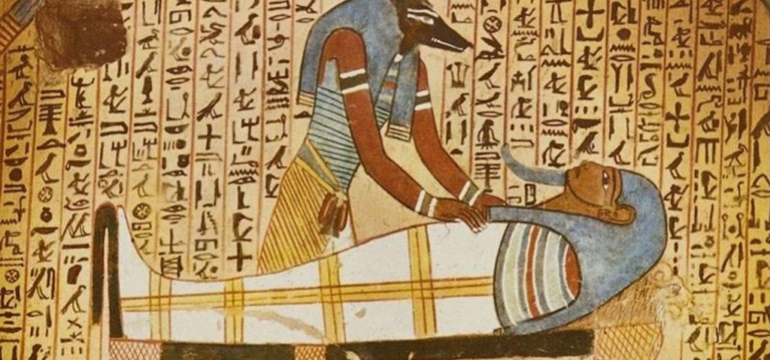
Embalmer’s Methods
The embalmers removed the organs from the abdomen through a long incision cut into the left side. In removing the brain, as Ikram notes, they would insert a hooked surgical tool up through the dead person’s nose and pull the brain out in pieces but there is also evidence of embalmers breaking the nose to […]
Childbirth and Children in Ancient Egypt
Children were considered a blessing in ancient Egypt. Sons and daughters took care of their parents in their old age. They were often called “the staff of old age,” that is, one upon whom the elderly parents could depend upon for support and care. The scribe Ani instructed that children repay the devotion of Egyptian […]
Mummification
The ancient Egyptians believed in the resurrection of the body and life everlasting. This belief was rooted in what they observed each day. The sun fell into the western horizon each evening and was reborn the next morning in the east. New life sprouted from grains planted in the earth, and the moon waxed and waned. […]
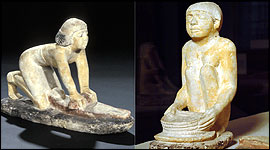
Entertainment
There is much evidence for the leisure activities of the ancient Egyptians. Men engaged in physical sports, such as hunting, fishing, archery, wrestling, boxing, and stick fencing. Long-distance races were organized to demonstrate physical prowess, and both men and women enjoyed swimming. Board games were popular, and games boards were constructed of a number of […]

